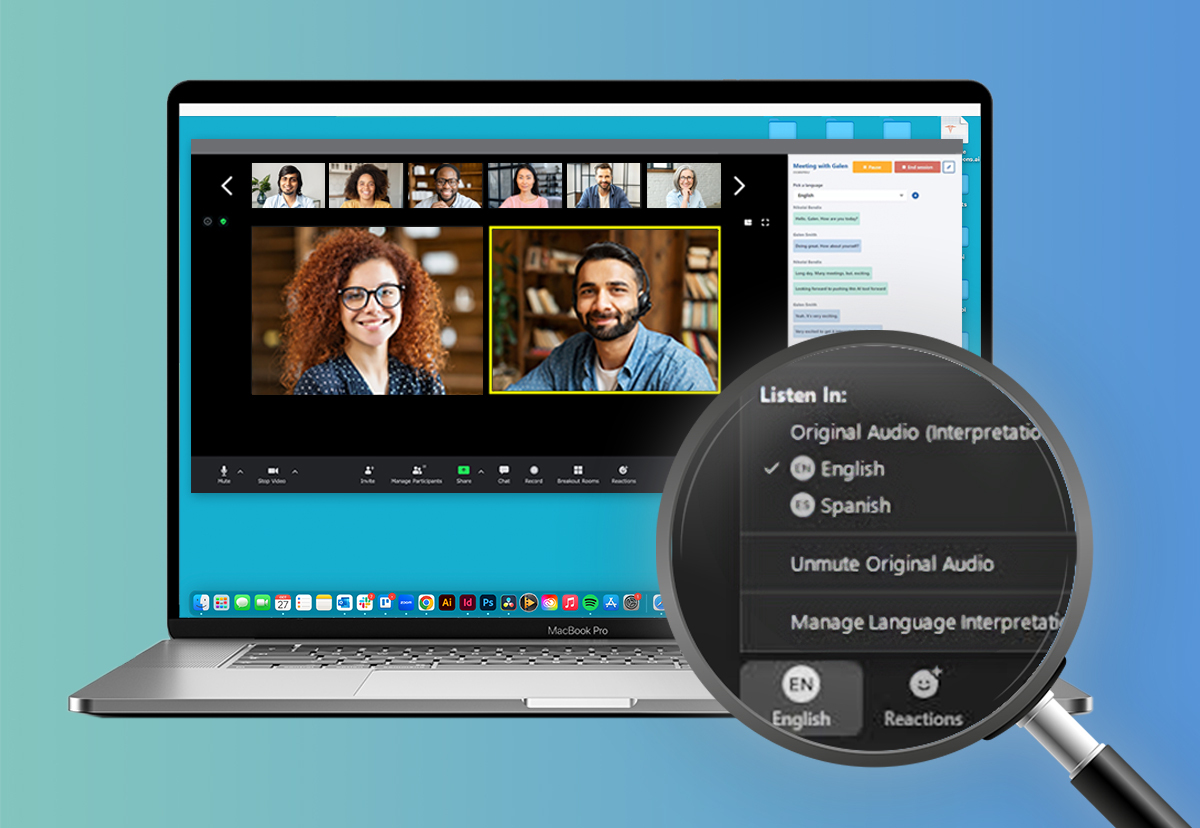When it comes to professional interpreting, specialization matters. You need someone who’s not only a trained interpreter, but has a deep knowledge of the field they work in. Just as you wouldn’t hire a lawyer to treat your illness, you wouldn’t bring a legal interpreter to a medical exam. So, what is a community interpreter and when would you need one?
Types of Community Interpreting
Community interpreting is an umbrella term for interpreting services performed in community-based settings. Considering the issues that language barriers may cause, community interpreters play a vital role in medical, legal, and educational settings in ensuring effective communication.
Like most professional interpreters, community interpreters often have specialized training in one or more fields. For example, someone can be both a community interpreter and a certified medical interpreter or legal interpreter. However, there is a distinction between someone who has interpreter training in a given field and a community interpreter.
Community interpreters typically work with immigrants, migrants, and refugees who need assistance navigating public services. They are usually present in police stations, immigration offices, educational settings, and other areas where cross-cultural communication is persistent.
In addition to their linguistic expertise, community interpreters must have a deep understanding of how a system works and display cultural competence for the language community they’re serving. For example, a community medical interpreter may work with refugees who need to apply for free or low-cost medical care. As a result, effective medical interpreting ensures equitable access to medical care regardless of their language proficiency.
When Do You Need a Community Interpreter?
As noted above, you’ll typically need to hire a community interpreter when someone needs help navigating public services. Yet that’s not the only reason you may want to work with language service providers. Community interpreters have an in-depth knowledge of the local culture, which can be a major advantage in certain scenarios.
Let’s examine how legal interpreting can help in an immigration case. Let’s say an asylum seeker who isn’t proficient in English is undergoing an asylum interview. Since proper communication is vital in such a sensitive setting, the legal interpreter navigates cultural nuances and conveys the individual’s responses in the best way possible. As a result, his testimonies are fully understood by immigration officials, ensuring a just immigration process.
Whether or not you decide to work with a community interpreter will depend on your needs and how quickly you need access to one. In case there is no common language in your community, you must also take note of the most widely spoken languages within your area. But whether it’s an emergency or you need someone on short notice, working with a remote interpreter can be just as beneficial as a hands-on experience with an on-site one.
How Boostlingo Can Help
As you can see, finding the right interpreter can be a difficult task. Fortunately, it’s easier than ever with Boostlingo. When you use our interpretation platform, you can instantly connect with an interpreter over-the-phone, via video remote, or schedule an onsite appointment. Plus, you’ll gain access to the Boostlingo Professional Interpreter Network (BPIN) of interpreters who speak over 200 languages.
Think Boostlingo may be right for you? Start your free trial today!



